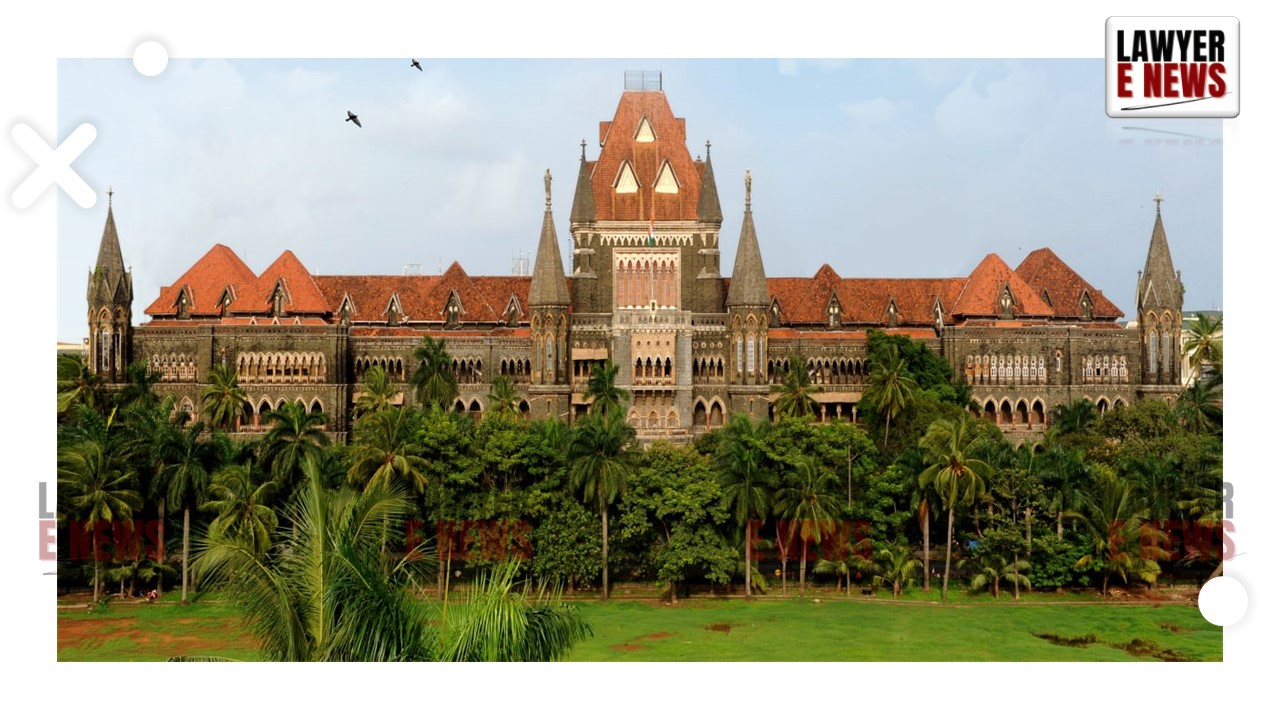-
by Admin
15 February 2026 5:35 AM



Failure to Serve Notice Violates Principles of Natural Justice": Bombay High Court. On October 17, 2024, the Bombay High Court quashed an assessment order issued under the Maharashtra Value Added Tax Act, 2002 (MVAT Act), which levied VAT on royalty payments made by Ferrero India Pvt. Ltd. The court found gross violations of natural justice, non-application of mind, and legal mala fides in the assessment order, particularly concerning the failure to issue a show cause notice and backdating of the order to evade statutory limitations.
The judgment, delivered by a bench comprising Justice M.S. Sonak and Justice Jitendra Jain, held that the assessment order dated March 14, 2022 was void and unsustainable, setting an important precedent for cases involving procedural lapses in tax assessments.
"Assessment Order Backdated to Avoid Limitation Period": Court Slams Authorities
In Writ Petition No. 11929 of 2023, the petitioners—M/s Soremartec S.A. Luxembourg, M/s Magic Production Group S.A. Luxembourg, and M/s Ferrero India Pvt. Ltd.—challenged an assessment order made by the State of Maharashtra’s tax authorities. The order levied VAT on royalty payments made by Ferrero India to the Luxembourg companies for the use of intellectual property rights (IPRs). The assessment, relating to the financial year 2013-2014, was conducted without serving a show-cause notice or granting the petitioners a proper opportunity to be heard, violating the principles of natural justice.
Ferrero India first became aware of the VAT assessment through a notice dated May 3, 2023, despite the assessment order being purportedly made in March 2022. The petitioners argued that this delay and lack of communication violated the eight-year statutory limitation under Section 23(4) of the MVAT Act, which prescribes that no assessment can be made after eight years from the end of the financial year in question.
The petitioners raised multiple legal issues:
Breach of Natural Justice: The petitioners contended that no show cause notice was issued, nor were they granted a hearing before the order was passed. The court agreed, stating:
“The failure to serve notice and allow an opportunity to be heard before making the assessment order violates the principles of natural justice, warranting the setting aside of the order” [Paras 17-20].
Backdating of the Assessment Order: The court found compelling evidence suggesting that the assessment order dated March 14, 2022, was backdated to fall within the statutory limitation period. The order referenced a hearing held on May 23, 2023, well after the purported date of the order, which indicated manipulation. The court remarked:
"How Mr. Vikas Gattani’s alleged contentions made on May 23, 2023, could be recorded in an assessment order purportedly made on March 14, 2022, is unexplained by the Respondents. This cannot be regarded as some inadvertent or innocent mistake" [Para 35].
Non-Application of Mind: The court noted several glaring errors in the assessment order, including incorrect descriptions of parties and transactions, indicating a lack of due diligence by the tax authorities. The order seemed to replicate elements from other unrelated cases, further demonstrating non-application of mind. The judgment held:
"From the perusal of the impugned assessment order, we are satisfied that the same has been issued without any application of mind. This is also grounds for setting aside the impugned assessment order" [Para 43].
Limitation Period: The court found that the assessment order was likely made beyond the statutory limitation period of eight years, as prescribed by Section 23(4) of the MVAT Act, which expired on March 31, 2022. The delay in serving the order—15 months after its alleged issuance—further supported this finding:
“A strong prima facie case suggests the impugned assessment order was made beyond the statutorily prescribed period under the proviso to Section 23(4) of the MVAT Act” [Para 45].
Given the gross procedural lapses, the court quashed the assessment order dated March 14, 2022, without remanding the matter for fresh adjudication. The court reasoned that a remand would unfairly extend the limitation period for the tax authorities, effectively rewarding them for their illegalities. The court held:
"Remand, in the gross facts of the present case, would amount to granting the Respondents a premium for their gross illegalities" [Para 50].
The court directed the respondents to pay Rs. 50,000 as costs to the petitioners within two months and made the rule absolute in favor of the petitioners. The judgment serves as a strong reminder of the importance of adherence to procedural fairness in tax assessments and the consequences of evading statutory limitations through manipulative practices.
Date of Decision: October 17, 2024
M/s Soremartec S.A. Luxembourg & Ors. v. The State of Maharashtra & Ors
